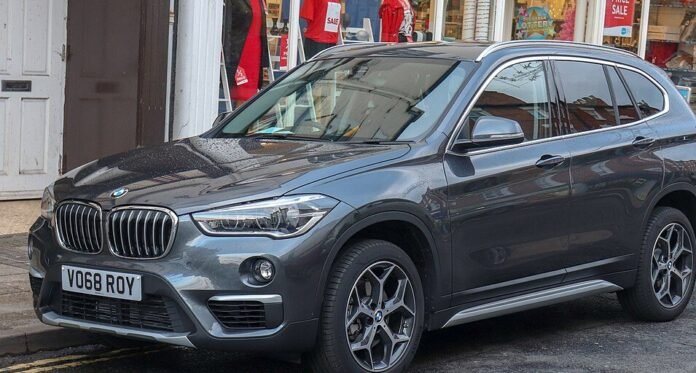BMW’s decision to pause its £600mn investment in electric Mini production at Oxford’s Cowley plant raises concerns over the UK’s automotive industry’s shift towards electric vehicle
BMW has announced a suspension of its £600 million investment plan to produce electric Mini vehicles at its historic Cowley plant in Oxford. This decision introduces uncertainty for the facility, which has been a cornerstone of the UK’s automotive industry. The German carmaker cited multiple uncertainties within the automotive sector and a slower-than-anticipated transition from petrol to electric vehicles as key factors influencing this move.
This development follows a series of setbacks for the UK’s car manufacturing landscape. Over the past decade, major players such as Honda, Ford, and Jaguar Land Rover have shuttered plants across the country. In November, Stellantis announced the closure of its van factory in Luton, attributing the decision to the UK’s stringent electric vehicle sales targets. This closure put approximately 1,100 jobs at risk.
The UK government has set ambitious targets, mandating that a significant percentage of each carmaker’s annual sales consist of zero-emission vehicles. These targets are slated to escalate from 28% this year to 80% by 2030. Manufacturers failing to meet these benchmarks face fines of £15,000 for each vehicle shortfall. While electric vehicle sales are on the rise in the UK, they still fall short of these aggressive targets. This shortfall has prompted industry leaders, including Nissan, to caution that UK jobs may be jeopardised unless the government revises its EV sales mandates.
BMW’s original strategy, unveiled in 2023, aimed to produce two new electric models—the three-door Mini Cooper and the compact Mini Aceman—at the Cowley facility. This initiative was designed to reduce the plant’s dependence on petrol-powered vehicles, aligning with BMW’s objective to phase out such models by 2030. However, these models, developed in collaboration with China’s Great Wall Motor, are currently manufactured in China and exported to the European Union. Consequently, they are subject to increased tariffs, following the EU’s imposition of higher duties on Chinese electric vehicle imports in October.
Embed from Getty ImagesRecent data indicates a nuanced picture of Mini’s market performance. In the UK, new Mini registrations experienced a slight decline of 1.3% over the past year, totalling 46,975 vehicles. Conversely, electric Mini registrations in Western Europe, including the UK, saw a modest increase of 4.9%, amounting to 36,932 vehicles. Despite this growth, overall sales have not met the anticipated targets, leading to calls from manufacturers for enhanced government support and flexibility in achieving EV adoption goals.
In response to these industry challenges, the UK government recently concluded a fast-track consultation with automotive stakeholders. The aim was to explore avenues for increasing flexibility within the existing framework, thereby providing manufacturers with additional leeway. A spokesperson from the Department for Transport acknowledged the global challenges confronting car manufacturers and emphasised the government’s commitment to addressing their concerns while safeguarding employment.
Industry executives have also voiced their perspectives. Lisa Brankin, head of Ford UK, advocated for purchasing incentives and other forms of governmental assistance. She highlighted that the current pace of electric vehicle adoption is insufficient to meet established goals. Notably, Ford announced 800 job cuts in the UK last year, attributing the decision to slower-than-expected EV sales.
BMW’s decision to pause its investment in the Oxford plant underscores the broader challenges facing the UK’s automotive industry as it navigates the complex transition toward electric vehicle production amidst economic and regulatory uncertainties.
